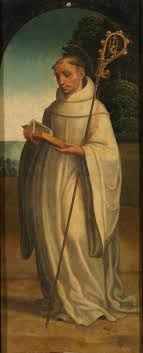
Saint Bernard Of Clairvaux, O.Cist
Saint Bernard of Clairvaux was a French abbot and a major figure in the revitalization of Benedictine monasticism in the 12th century. He was a prominent leader in the Cistercian monastic order and played a significant role in the Second Crusade. He was a renowned preacher and theologian, and his writings had a profound influence on medieval Christianity.
Read More
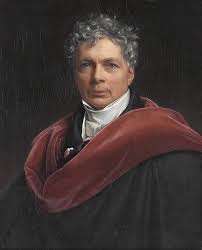
Friedrich Wilhelm Joseph Von Schelling
Friedrich Wilhelm Joseph von Schelling was a German philosopher who was a key figure in the development of German idealism. He is known for his contributions to the philosophy of nature, the philosophy of art, and the philosophy of mythology and religion. Schelling's thought was influential in the Romantic movement and had a significant impact on later philosophers, including Hegel and Nietzsche.
Read More
Advertisement
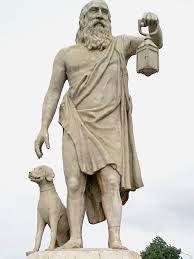
Diogenes Of Sinope
Diogenes of Sinope was a Greek Cynic philosopher who lived in the 4th century BCE. He was known for his unconventional lifestyle and his criticism of societal norms. Diogenes believed in living a simple, self-sufficient life and rejected material possessions. He is often depicted as living in a large ceramic jar and carrying a lantern during the day, searching for an honest man.
Read More
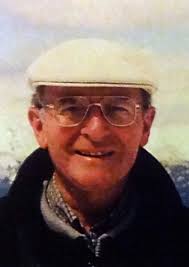
Gilbert Lafreniere
Gilbert Lafreniere is a Canadian philosopher known for his work in the field of phenomenology. He has written extensively on the nature of consciousness and the human experience. Lafreniere's research explores the ways in which individuals perceive and make sense of the world around them.
Read More
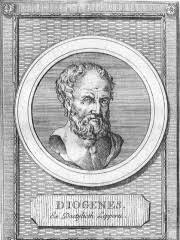
Theodorus The Atheist
Theodorus the Atheist was a Greek philosopher who lived in the 4th century BCE. He was known for his atheistic views and his rejection of the existence of the gods. Theodorus was a student of Aristippus and a member of the Cyrenaic school of philosophy, which emphasized the pursuit of pleasure as the highest good. He is remembered for his controversial philosophical positions and his influence on later thinkers.
Read More
Advertisement
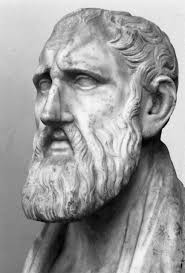
Zeno Of Citium
Zeno of Citium was a Greek philosopher who founded the Stoic school of philosophy. He was born in Citium, Cyprus, around 334 BC. Zeno's teachings emphasized the importance of living in accordance with reason and virtue, and he believed that the universe is governed by a rational, divine principle. He had a significant influence on the development of Stoicism, which became one of the most influential philosophical schools in the ancient world.
Read More
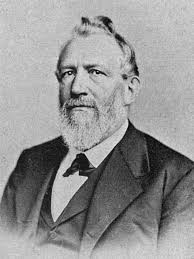
Emil Du Bois-Reymond
Emil Du Bois-Reymond was a German physician and physiologist who made significant contributions to the field of neuroscience. He is known for his pioneering work on the electrical properties of nerve cells and the discovery of the action potential.
Read More
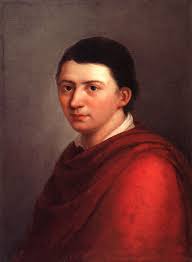
Karl Wilhelm Friedrich Von Schlegel
Karl Wilhelm Friedrich von Schlegel was a German philosopher, literary critic, and scholar. He was a key figure in the Romantic movement and made significant contributions to the fields of aesthetics and literary theory. Schlegel's writings explored the nature of art, language, and culture, and he was influential in the development of modern hermeneutics, the study of interpretation and understanding.
Read More
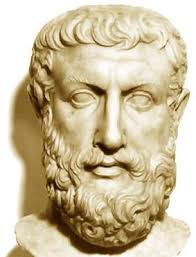
Melissus Of Samos
Melissus of Samos was a pre-Socratic Greek philosopher who lived in the 5th century BCE. He was a follower of Parmenides and is known for his defense of Parmenides' theory of the unity of being. Melissus argued that the universe is a single, eternal, and unchanging entity, and that change and plurality are mere illusions. His philosophical views had a significant influence on the development of ancient Greek metaphysics.
Read More
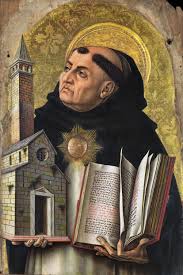
Saint Thomas Aquinas, Op
Saint Thomas Aquinas was a prominent Catholic philosopher and theologian of the Middle Ages. He was a Doctor of the Church and is considered one of the greatest Christian thinkers of all time. Aquinas made significant contributions to the fields of philosophy, theology, and ethics, and his works have had a lasting impact on Western thought.
Read More
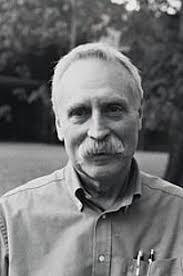
David Bloor
David Bloor is a British sociologist of scientific knowledge. He is known for his contributions to the sociology of scientific knowledge, particularly his development of the Strong Programme in the sociology of science.
Read More
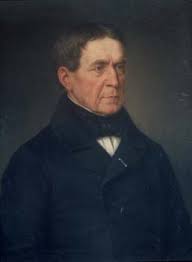
Franz Xaver Von Baader
Franz Xaver Von Baader was a German philosopher and theologian. He was a prominent figure in the Romantic movement and made significant contributions to the development of German idealism. Baader's philosophical work focused on the relationship between religion, science, and society, and he was known for his unique synthesis of Christian theology and Naturphilosophie.
Read More
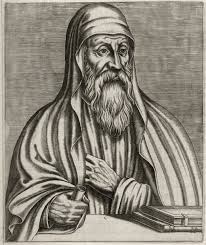
Origen Of Alexandria
Origen of Alexandria was a prominent early Christian scholar and theologian. He was born around 184 AD in Alexandria, Egypt. Origen made significant contributions to the development of Christian theology, including his work on biblical interpretation and the concept of the Trinity. He was a prolific writer, producing numerous commentaries, homilies, and theological treatises. Origen's ideas were influential, but also controversial, and he faced criticism from some within the early Church.
Read More
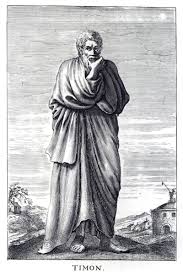
Timon Of Phlius
Timon of Phlius was a Greek philosopher and skeptic who lived in the 3rd century BC. He was a student of Pyrrho, the founder of Pyrrhonian skepticism, and is considered one of the most influential skeptic philosophers of ancient Greece. Timon was known for his satirical and critical writings, which often targeted other philosophers and their beliefs.
Read More
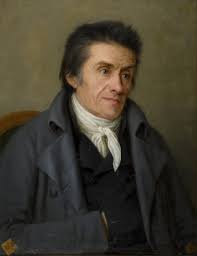
Heiric Of Auxerre
Heiric of Auxerre was a medieval Frankish scholar and theologian. He was a student of the renowned philosopher and theologian John Scotus Eriugena at the court of Charles the Bald. Heiric is known for his commentaries on the works of Boethius and Martianus Capella, as well as his own theological writings.
Read More

Serenella Lovino
Serenella Lovino is an Italian philosopher and environmental humanities scholar. She is known for her work on the intersection of philosophy, ecology, and cultural studies. Lovino's research explores the relationship between humans and the natural world, with a focus on the ethical and political implications of environmental issues.
Read More
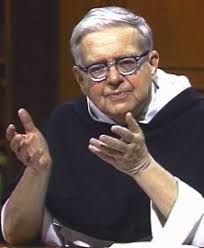
Benedict Ashley, Op
Benedict Ashley, OP was a prominent American Catholic philosopher and theologian. He was a member of the Dominican Order and made significant contributions to the fields of Thomistic philosophy and bioethics. Ashley's work focused on reconciling Catholic teachings with modern scientific and philosophical thought. He was known for his expertise in the writings of Thomas Aquinas and his efforts to apply Thomistic principles to contemporary ethical issues.
Read More
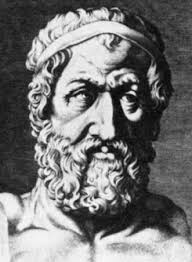
Zeno Of Elea
Zeno of Elea was a pre-Socratic Greek philosopher known for his paradoxes, which
challenged the conventional understanding of space, time, and motion. He is considered one
of the founders of dialectic.
Read More
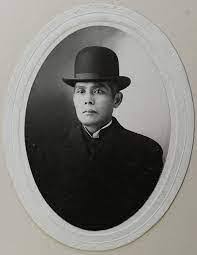
Dt Suzuki
D.T. Suzuki was a renowned Japanese author and professor who played a significant role in the introduction of Zen Buddhism to the Western world. He was a prolific writer and lecturer, known for his insightful and accessible explanations of Zen philosophy and practice.
Read More
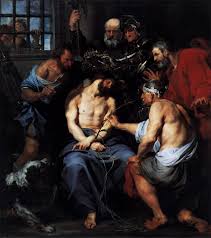
Dietrich Von Hildebrand
Dietrich von Hildebrand was a German Catholic philosopher and theologian. He was a prominent critic of Nazism and made significant contributions to the fields of ethics, metaphysics, and the philosophy of religion. Von Hildebrand's work focused on the nature of love, the role of values in human life, and the importance of personal freedom and responsibility.
Read More
Load More